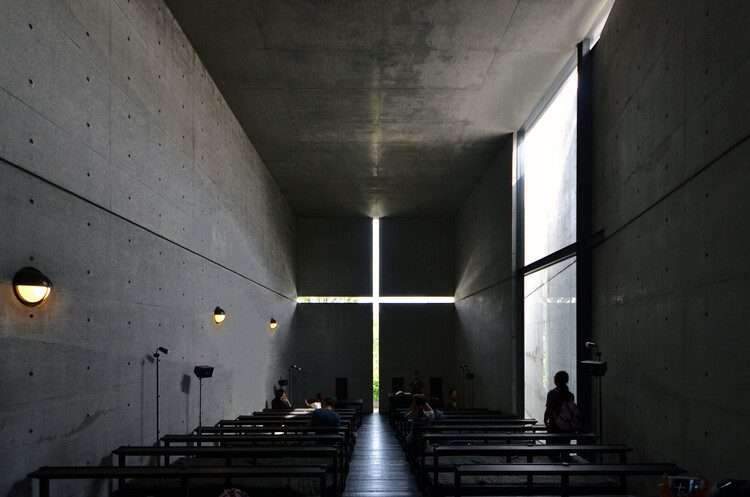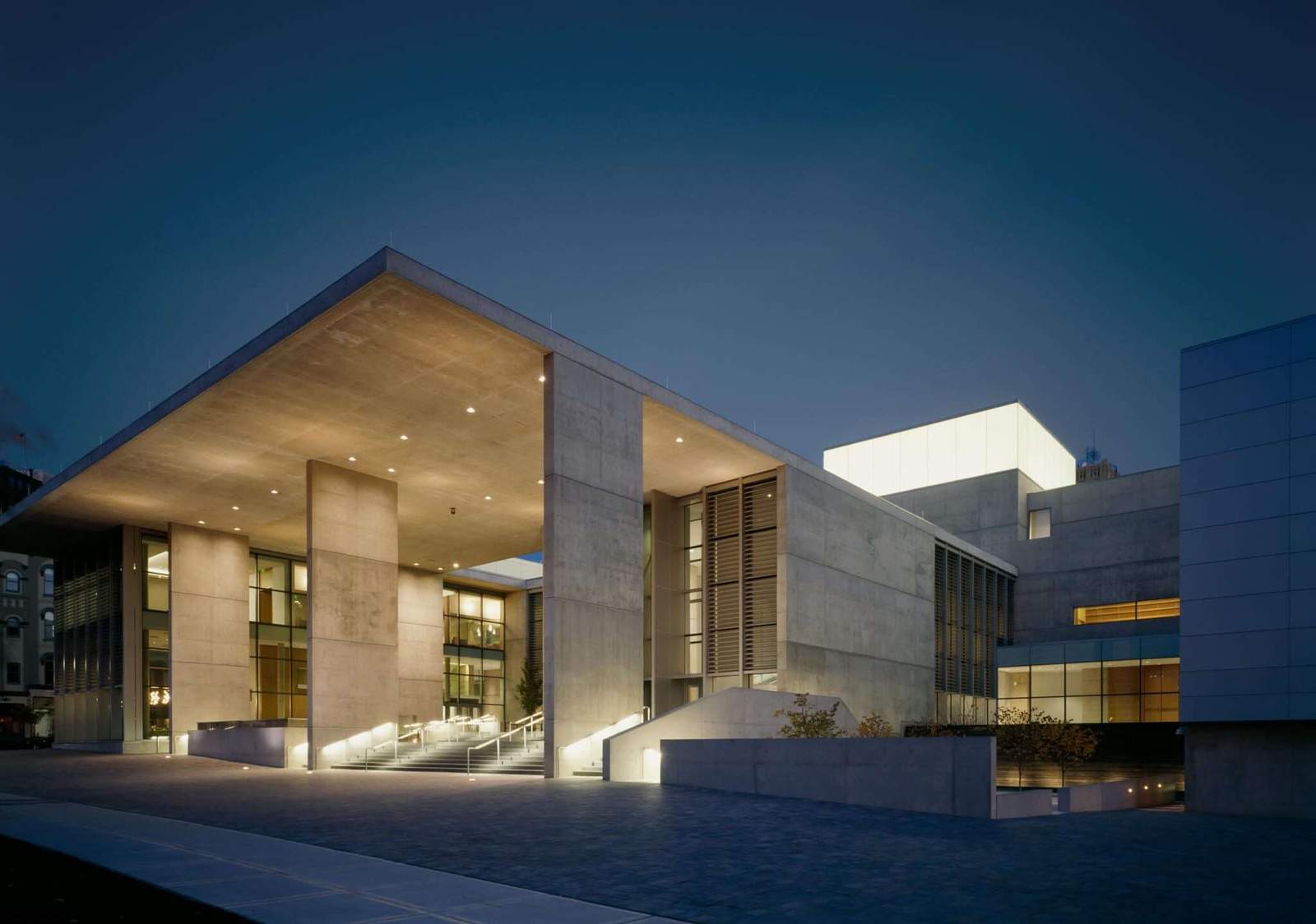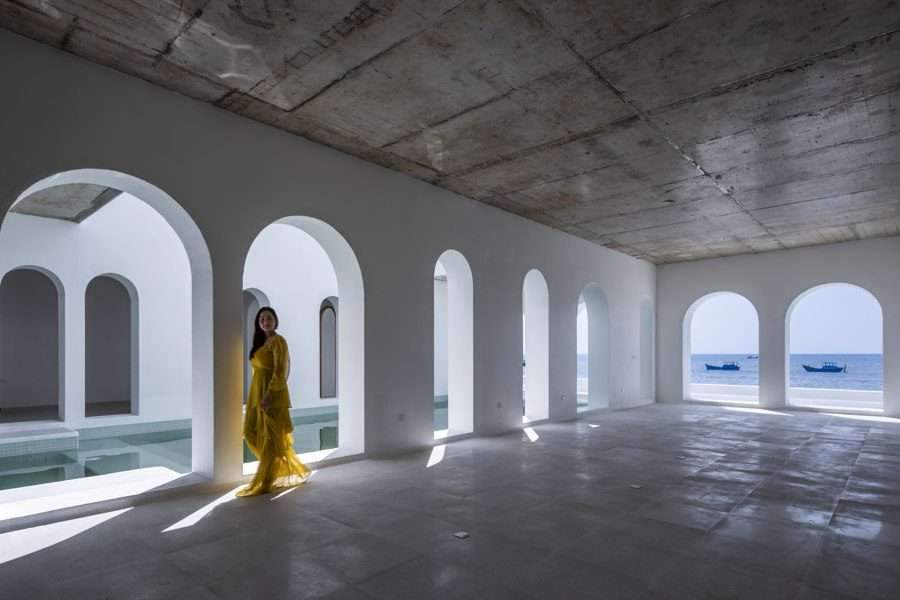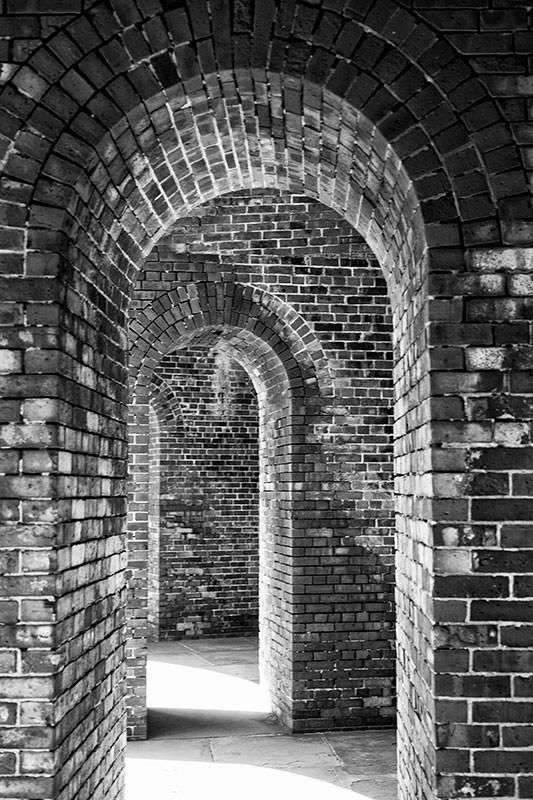The Use of Light as a Divine Element in 5 Modern Churches
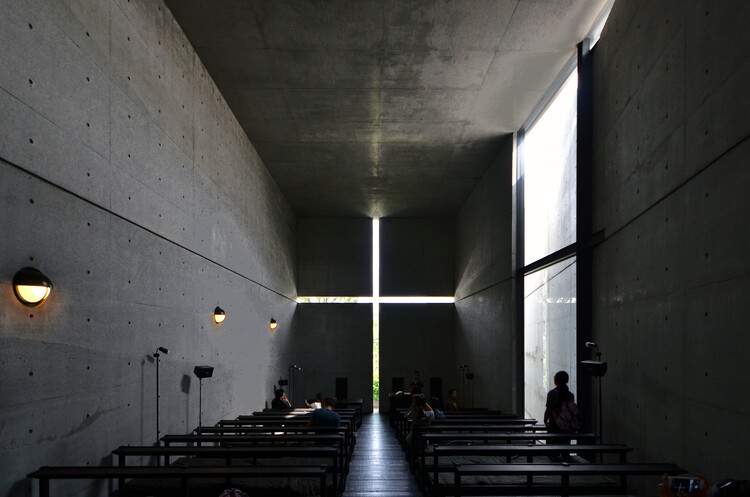
The use of light in religious constructions as an element of association with the divine has been present throughout the history of humanity. Historically, a series of temples from various religions have used this technique as an attempt to visually and perceptibly approach humans to a sacred and intangible dimension. Light is often given a spiritual connotation and significant symbolic force, capable of modifying people’s relationships, perceptions, and experiences with their surroundings. Thus, it is an element that has been, and still is, used by architecture to create scenarios and effects in many religious spaces, especially churches.
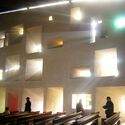
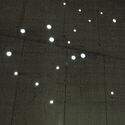
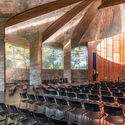
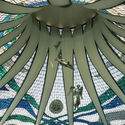

The Catholic Church, with many typologies and architectural styles over time, has accompanied and associated itself with this luminous relationship since its classic era constructions, such as the oculus in the Roman Pantheon or its colorful stained-glass windows in Gothic churches, such as Notre Dame Cathedral in Paris. In recent decades, especially after modernism, many architects have incorporated lighting into their church projects, reiterating this historical relationship between light and the divine by creating environments and scenarios with monumental luminous effects. Plays of light and shadow, colored light beams, or openings and frames that project light effects inside churches are some of the languages and strategies used, which also help to reaffirm the monumentality associated with these spaces.
Next, we have compiled a list of 5 examples of modern churches that use light in a scenic and symbolic way, attempting to visually unite architecture and the divine, the visible and intangible.
Ronchamp / Le Corbusier


Church at Firminy / Le Corbusier


Cathedral of Brasília / Oscar Niemeyer


Igreja do Centro Administrativo da Bahia / João Filgueiras Lima (Lelé)


Igreja da Luz / Tadao Ando Architect & Associates


This article is part of the ArchDaily Topics: Light in Architecture, proudly presented by Vitrocsa the original minimalist windows since 1992.
Vitrocsa designed the original minimalist window systems, a unique range of solutions, dedicated to the frameless window boasting the narrowest sightline barriers in the world: Manufactured in line with the renowned Swiss Made tradition for 30 years, Vitrocsa’s systems “are the product of unrivaled expertise and a constant quest for innovation, enabling us to meet the most ambitious architectural visions.”
Every month we explore a topic in-depth through articles, interviews, news, and architecture projects. We invite you to learn more about our ArchDaily Topics. And, as always, at ArchDaily we welcome the contributions of our readers; if you want to submit an article or project, contact us.

